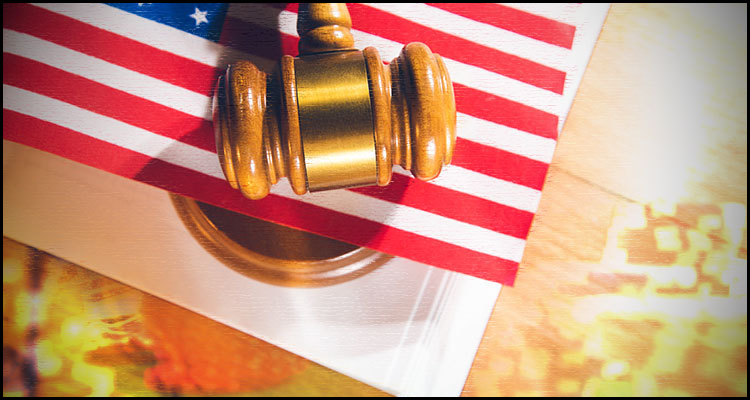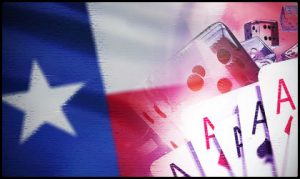
The United States Supreme Court has reportedly sided with a pair of federally-recognized tribes that have long been seeking official permission to legally debut Class II gaming entertainment on their lands in the state of Texas.
According to a Wednesday report from the news domain at TexasTribune.org, the five-to-four decision reaffirmed the autonomy of the Tigua Pueblo and Alabama-Coushatta Tribe while giving the pair the ability to begin offering games of electronic bingo. The source detailed that the ruling also allows the duo to begin regulating any gambling activities not expressly prohibited in Texas regardless of the southern state’s rules.
Earlier embargo:
The Tigua Pueblo and Alabama-Coushatta Tribe had reportedly been barred from legitimately running Class II gaming entertainment owing to a 1987 agreement that gave them state recognition at the expense of being allowed to offer any games prohibited under Texas law. However, the pair purportedly soon began arguing that this arrangement, which is also known as the Restoration Act, was subsequently supplanted by the federal government’s Indian Gaming Regulatory Act (IGRA) of 1988 to give them the right to bring bingo-like entertainment to their own lands.
Exhaustive exercise:
Ricky Sylestine serves as the Chair of the Alabama-Coushatta Tribe and he reportedly disclosed that this resulted in a 1994 ruling from the United States Court of Appeals for the Fifth Circuit that effectively reaffirmed the tenets of the Restoration Act. Nevertheless, the tribal leader purportedly explained that this decision, which is colloquially known as ‘Ysleta I’, was appealed two years later and has now been entirely reversed by the United States Supreme Court following many years of anxious waiting.
A statement from Sylestine reportedly read…
“The court’s decision is an affirmation of tribal sovereignty and a victory for the Texas economy. The highest court in the land has made clear that our tribe has the right to legally operate electronic bingo on our reservation just as we have for the past six years.”
Limited leeway:
TexasTribune.org reported that ‘The Lone Star State’ has some of the strictest gaming laws in the United States while the Tigua Pueblo has been similarly battling local officials for numerous years in an attempt to bring gambling to its tribal lands. But, Ben Kappelman from international law firm Dorsey and Whitney purportedly divulged that the Wednesday ruling by the United States Supreme Court does not mean that future tribal gaming in the state is to be totally unregulated.
Reportedly read a statement from Kappelman…
“This is a significant victory for the Tigua Pueblo after decades of losses in the lower courts. Still, the United States Supreme Court’s decision will hardly leave the Tigua Pueblo’s gaming unregulated as they will simply join the large number of tribes whose gaming ventures are regulated by the National Indian Gaming Commission.”
Gambling for India refers to the act of participating in various forms of gambling, whether online or offline, within the context of Indian laws, culture, and preferences. Gambling includes activities where individuals wager money or valuables on uncertain outcomes with the intent of winning more money or prizes. In India, gambling encompasses a wide range of activities, from traditional games like Teen Patti and Andar Bahar to modern casino games, sports betting, and online gambling.
Gambling for India is an evolving landscape, where both traditional forms of gambling and modern online gambling are becoming increasingly popular. While the legal environment remains complex, with a mix of state laws and offshore regulations, the gambling market continues to grow, driven by technology, changing cultural attitudes, and the demand for entertainment. Players interested in gambling in India should always ensure they are using reputable platforms and understand the legal and financial implications of their actions.




